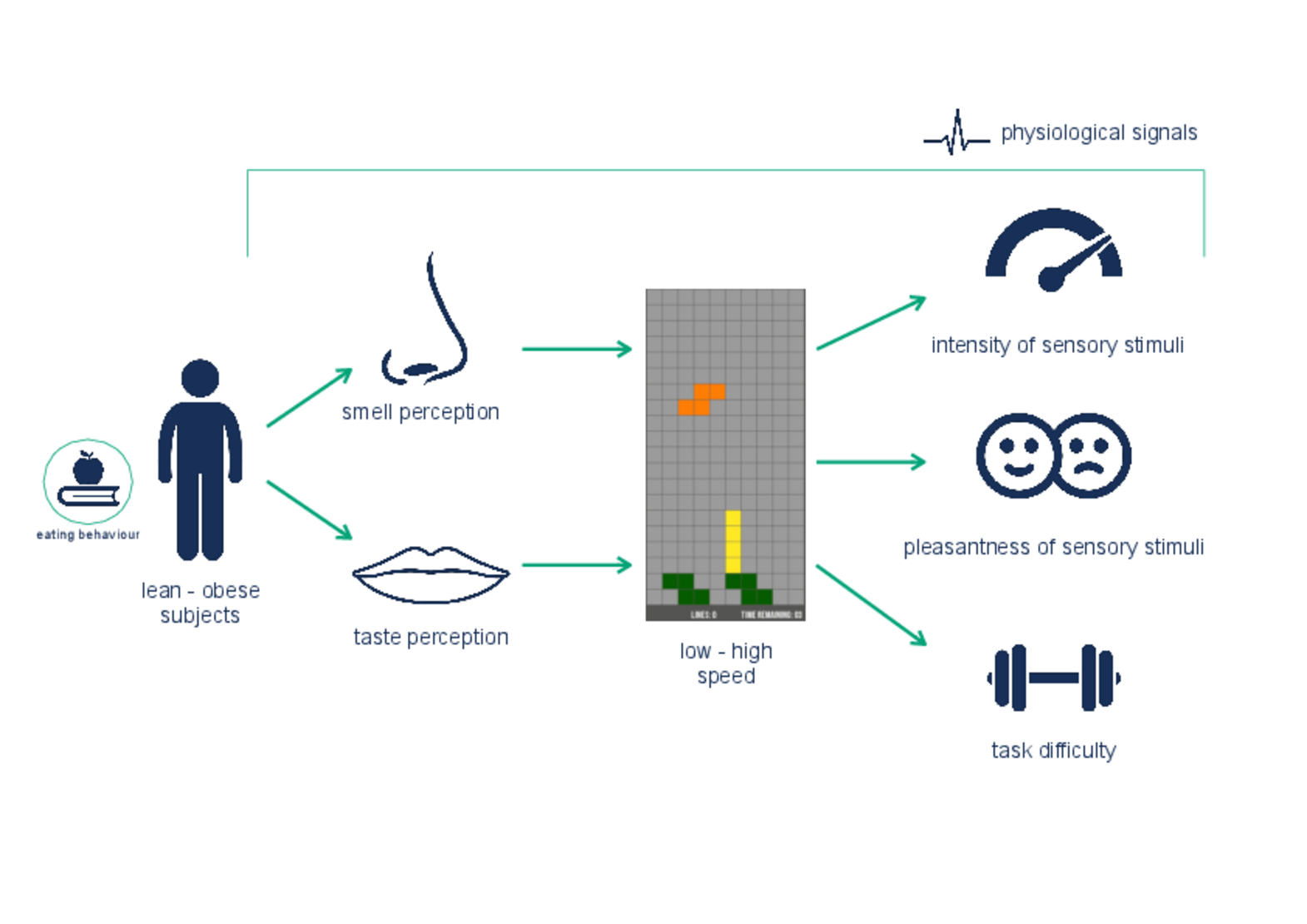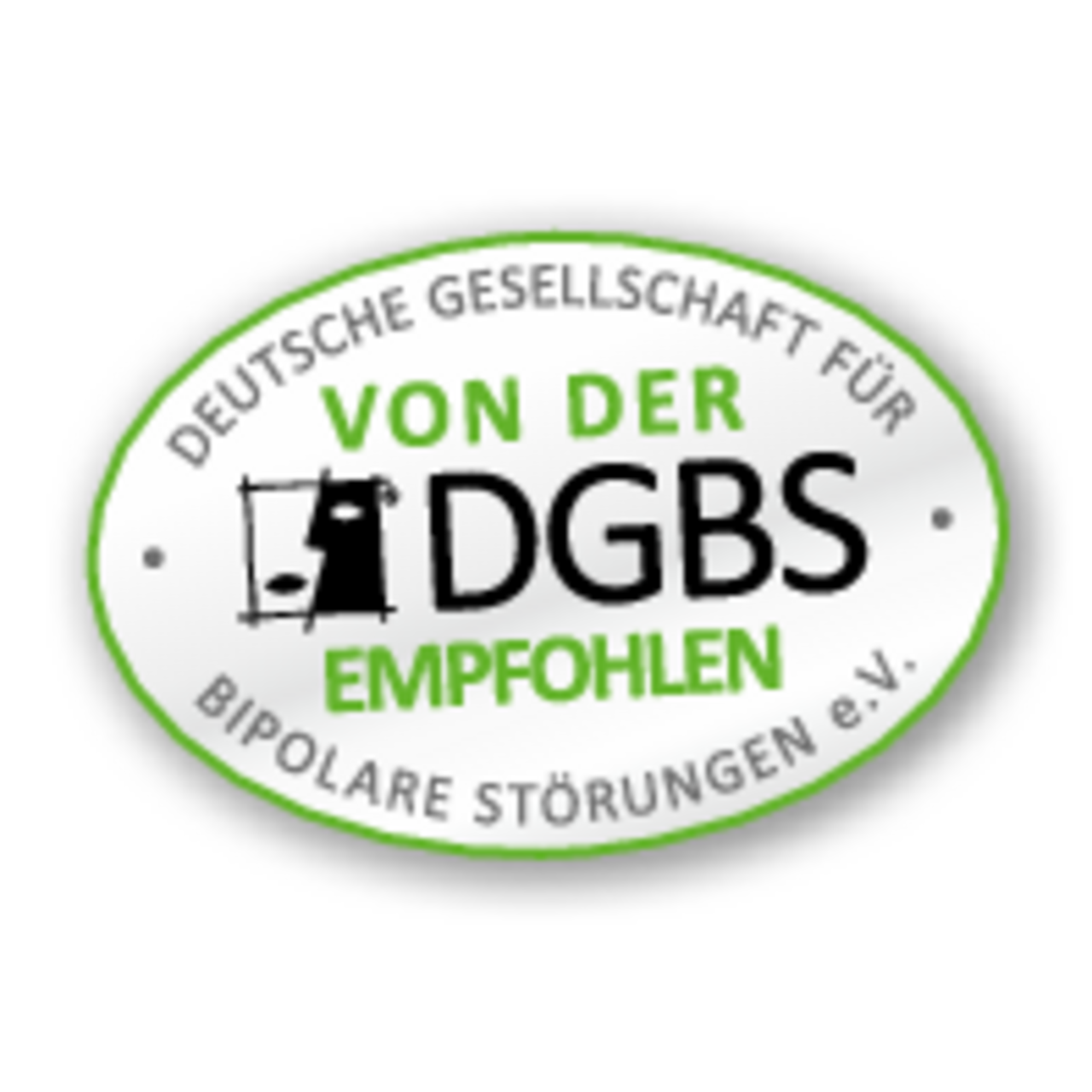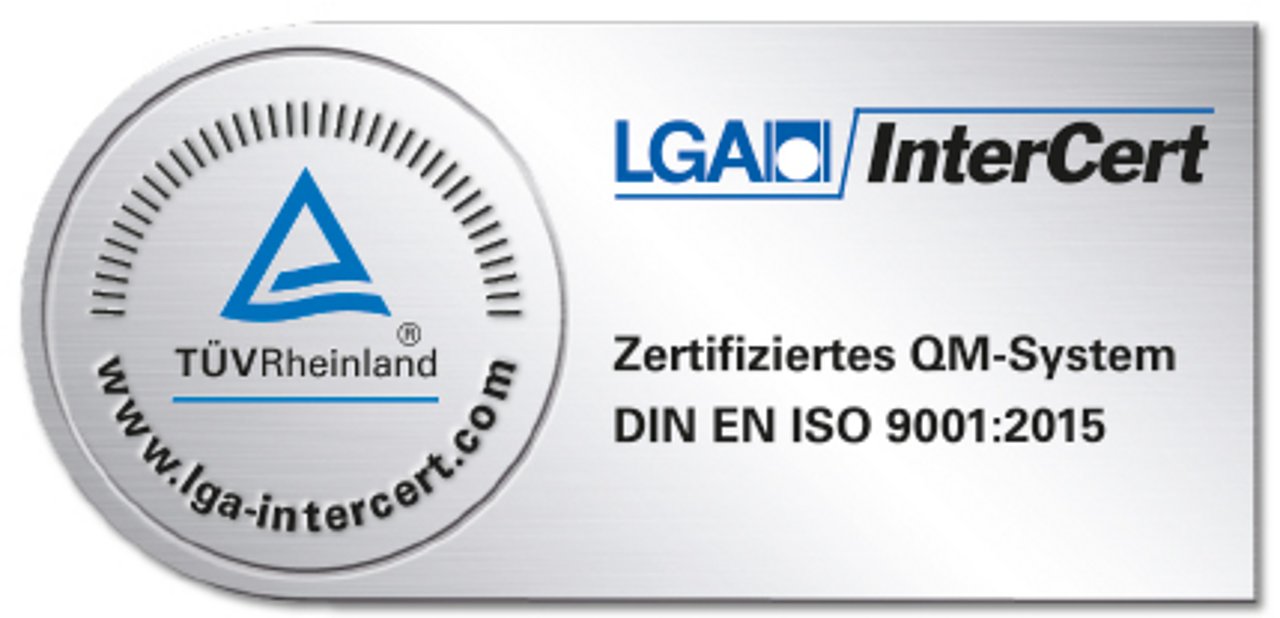
Cognitive load effects on smell and taste perception
Changes in lifestyle and the constant demand to perform multiple tasks simultaneously lead to an increased use of electronic devices while eating (e.g. reading, replying to emails or watching TV). Such “distracted eating” is associated with overeating and leads to more caloric-dense snack choices. Despite “distracted eating” being an important contributing factor to obesity, the exact neurocognitive mechanism of it remains underinvestigated and elusive.
Within this project, we explore the effects that distraction – playing a Tetris game of different levels – has on smell and taste perception. Moreover, we precisely compare lean and obese volunteers to find unique patterns specific to obesity. We use state-of-art computer-controlled olfacto- and gustometry to deliver the sensory stimuli to the participants. Along with subjective behavioral responses, we record various physiological signals to have more objective data on distracted eating behavior and its underlying mechanisms.
Project manager: Iryna Ruda, Selina Scheid, Marlene Rott
Cooperation partners: Nadia Müller-Voggel, Stefan Rampp





